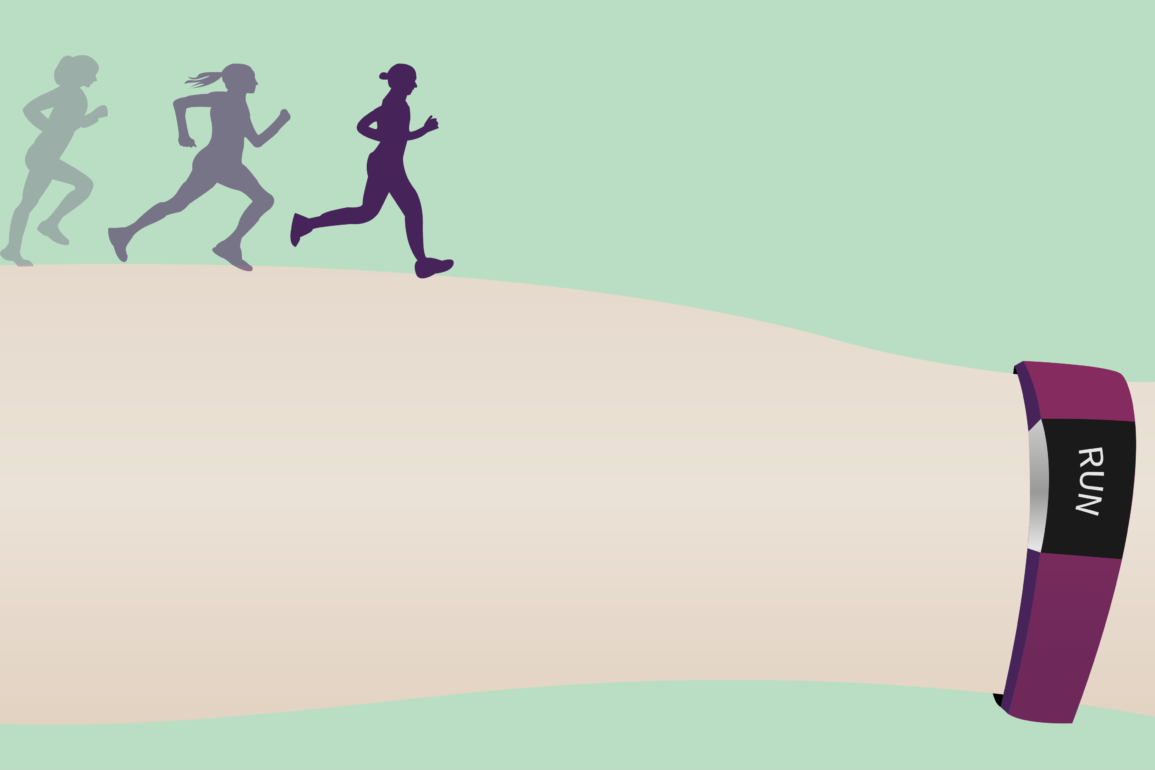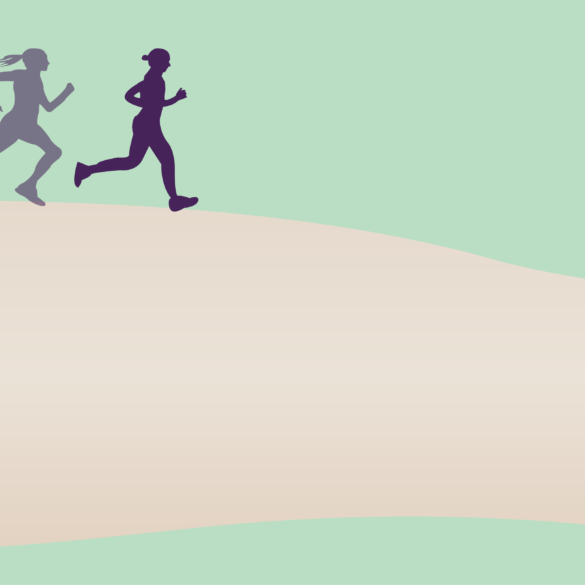Maintaining physical fitness is most thought of when it comes to health, but it is often not made a priority.
I have never been consistent in taking care of my body. Freshman year of college, I worked out only when my roommate asked me to go to the gym with her.
When I was scheduling classes for my first semester of senior year, I finally decided to take my required physical fitness class. After doing aerobics twice a week, I started to become more aware of my physical health.
I received a Fitbit for my birthday in September. Since then, I’ve been more proactive in monitoring my health. I actively try to reach my 10,000 steps per day.
Through my aerobics class and my Fitbit, I have become more conscious of my physical well-being than I ever have been before. I plan to actually keep up with a workout schedule next semester when I’m no longer required to be active every Monday and Wednesday at 1 p.m.
All semester, Ball Bearings has been diving deep into the topic of health. This edition is our final issue of the semester, and it focuses on the health of our bodies.
Bodily health looks different for everyone. Some people live with physical disabilities that change the way they live their daily lives. Some might try to find control of themselves by maintaining a rigorous exercise routine to the point of it becoming an addiction.
Exercise can be a different experience for someone based on their gender, which can influence what a person gets out of their workout. The “ideal” body has changed throughout history. Some people might opt to control their bodily health by choosing whether or not they get vaccinated.
Taking care of the body is most commonly thought of when trying to stay healthy; however, a healthy body differs depending on the person.




